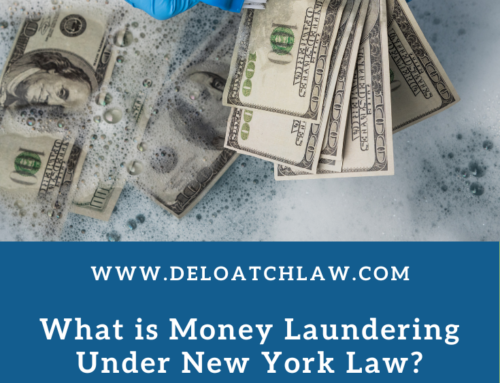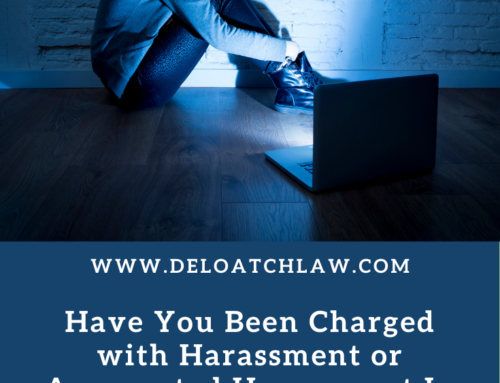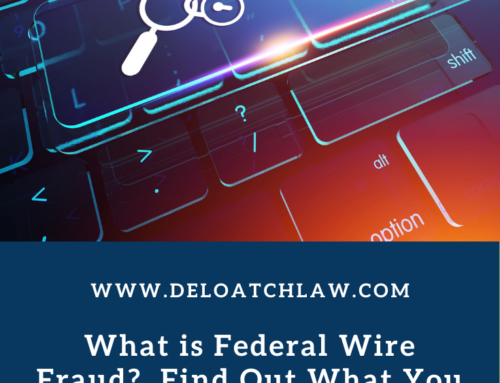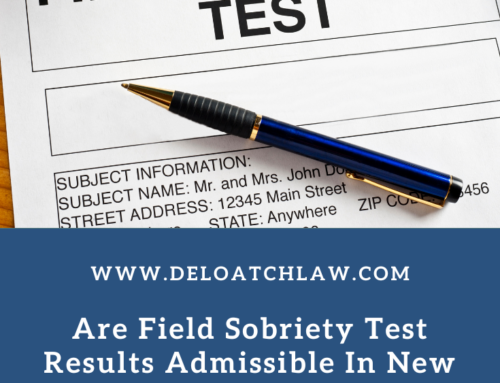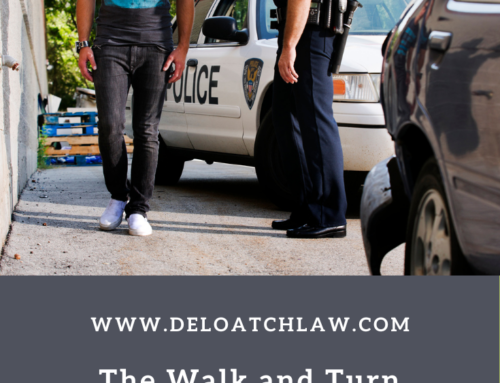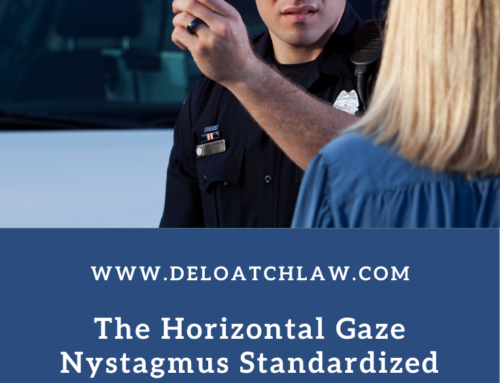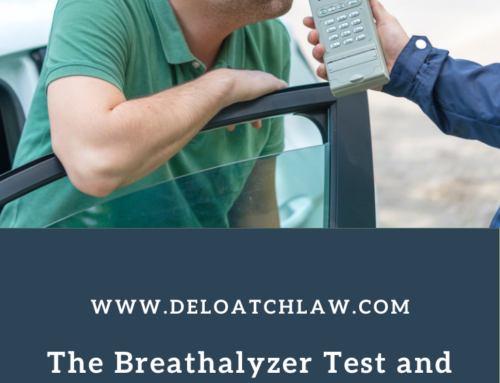 Have you been charged with criminal nuisance in New York? In the wake of the constraints placed on peoples’ daily lives from the coronavirus (COVID-19), many people have found themselves in the unfortunate position of being arrested while creating and/or maintaining large gatherings. Quite often the charges against them include criminal nuisance in the second degree. But what actually constitutes criminal nuisance in the second degree under New York law.
Have you been charged with criminal nuisance in New York? In the wake of the constraints placed on peoples’ daily lives from the coronavirus (COVID-19), many people have found themselves in the unfortunate position of being arrested while creating and/or maintaining large gatherings. Quite often the charges against them include criminal nuisance in the second degree. But what actually constitutes criminal nuisance in the second degree under New York law.
Criminal Nuisance in the Second Degree – New York Law Penal Law § 240.45
Under New York Penal Law (PL) § 240.45, a person can be charged with criminal nuisance in the second degree when:
- By conduct either unlawful in itself or unreasonable under all the circumstances, he knowingly or recklessly creates or maintains a condition which endangers the safety or health of a considerable number or persons; or
- He knowingly conducts or maintains any premises, place or resort where persons gather for purposes of engaging in unlawful conduct.
Moreover, with the mandatory lock-downs and the precautionary measures enacted to deal with the coronavirus (COVID-19), New York has placed a limitation on “large gatherings.” Specifically, social gatherings:
Are only permitted if 10 or fewer people are in attendance in Phase One regions, 25 or fewer people are in attendance in Phases Two and Three regions, and 50 or fewer people are in attendance in Phase Four regions.
With the limitations on gatherings in place to deal with the ongoing pandemic, anyone who creates or maintains a gathering outside of the delineated parameters can be arrested and charged with criminal nuisance in the second degree.
What to Do If You Are Stopped and/or Arrested For a Suspected Crime
So what should you do if you are stopped and arrested for a suspected crime? First and foremost, do not resist. Doing so usually results in the additional charge of resisting arrest. Secondly, you should remember that you have rights.
Fifth Amendment Rights
The Fifth Amendment of the United States Constitution provides every citizen and resident of the U.S. the right to remain silent in a criminal proceeding. In short, a person cannot be compelled to make a statement that could be self-incriminating. It is important to note that the term statement can include the password to your mobile devices (i.e. smart phones, tablets and computers).
Sixth Amendment Rights
Similar to the right to remain silent, you have a constitutional right under the Sixth Amendment to have an attorney of your choosing present if you decide to answer any questions. Once you tell law enforcement that you choose to exercise your right to an attorney/counsel they are required to cease all questioning that would lead to an incriminating statement. Even if they continue to ask such questions you can continue to evoke your right.
The results of all criminal prosecutions are determined by the facts and circumstances of your specific case and the skill and experience of your defense attorney. Remember, you have rights and the district attorney still has the burden of proof in a criminal prosecution.
If you or someone you know has been charged with criminal nuisance in the second degree in New York call the Law Office of Kevin J. Deloatch, Esq. at (646) 792-2156. The outcome of a criminal case is often determined by what occurs at the beginning stages of the prosecution. Call today for a free consultation.

